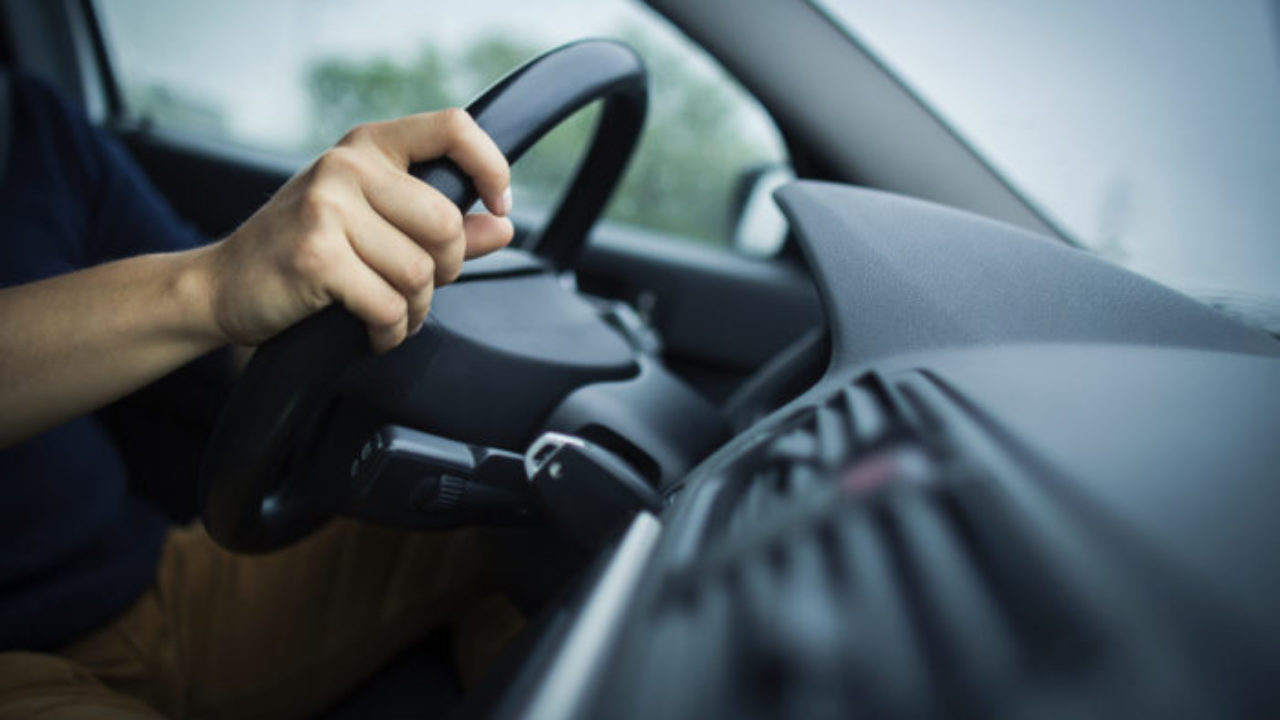Road Safety: What to Do While Driving

-
Check the Vehicle Before heading out, it's crucial to inspect your vehicle's technical condition. Check the tire pressure, brake status, lights, and wipers. These checks minimize the risk of a breakdown or accident.
-
Buckle Up Wearing a seatbelt is a vital safety measure when driving. In many countries, it is legally required. Beyond that, seatbelts significantly reduce the risk of fatal injury in an accident. Both the driver and passengers should fasten their seatbelts before the vehicle starts moving.
-
Obey Speed Limits Adhering to speed limits is crucial for safe driving. Exceeding speed limits is one of the primary factors that increases accident risk. Different roads, weather conditions, and road surfaces have varying speed limits. Staying within these limits is one of the most fundamental ways to protect yourself and others.
-
Stay Focused Using your phone, eating, or distracting yourself in any other way while driving can lead to serious accidents. It is essential to stay fully focused on the road. Avoid distractions like phones and direct your full attention to the traffic conditions during your drive.
-
Be Careful When Driving at Night Driving at night is more challenging than during the day. Visibility is reduced, so you need to be extra cautious. Always adjust your headlights correctly and consider wearing glasses to avoid glare from oncoming vehicle lights. Additionally, driving slower at night allows you to respond to potential hazards more effectively.
-
Adjust Driving According to Road Conditions Road conditions, weather, and traffic density directly affect driving safety. Roads become slippery in rainy or snowy weather, so you should reduce your speed and drive carefully under these conditions. Always stay alert and check the safety of your vehicle, especially when cornering or making sudden stops.
-
Follow Traffic Rules Traffic rules are established regulations to ensure road safety. Simple rules like stopping at red lights, obeying speed limits, yielding to other drivers, and following road signs help prevent major accidents. Adhering to traffic laws is not only a legal obligation but also a responsibility for the safety of all road users.
-
Be Rested Before a Trip Driving while tired can lead to distractions and slower reflexes. Always make sure you're well-rested before a long trip. Fatigue is a major factor that can lead to accidents. If you feel drowsy on the road, pull over in a safe area and take a short break.
-
Get Travel Insurance Travel insurance can financially protect you in case of an accident or emergency. Insurance helps you recover more easily from any adverse situation encountered on the road. Vehicle insurance and personal health insurance protect your safety and minimize potential financial losses in the event of an accident.
-
What to Do in Emergencies? In the event of a traffic accident, it is essential to remain calm and act appropriately. The first step is to move your vehicle to a safe area. Then, call emergency services and request help. It's also important to have basic first aid knowledge to assist any victims. Remember, staying calm and taking the right actions during emergencies can minimize the impact of the accident.










